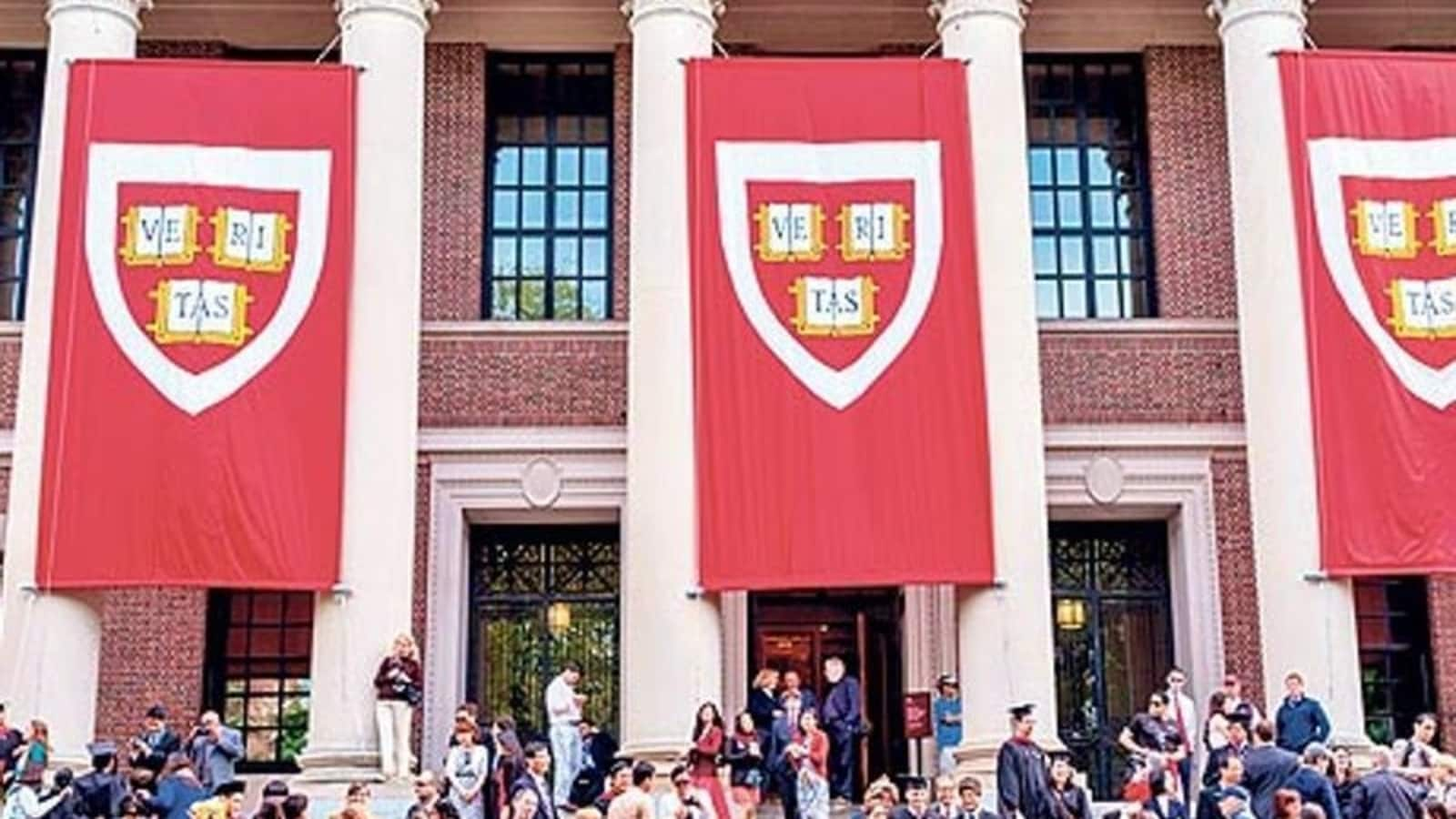As our world moves ever further toward a future dominated by technology and artificial intelligence, the college admissions process reflects its demands. The global economy demands greater specialization and interdisciplinary problem solving. The institutional priorities of the world’s best universities also reflect this shift.
However, our education system is not so good in this regard. The overemphasis on academic achievements leaves little room for developing holistic profiles. While the Ivy Leagues look for the brightest academic minds, they also look for attractive extracurricular profiles and personal stories.
A stellar academic record can rarely make up for a lack of extracurricular activities. A distinct lack of academic and career focus in the high school curriculum makes matters worse. Thus, academically accomplished students sometimes fail to make it past the admissions committee and their achievements plummet. This is even more important because acceptance rates at top universities are hitting an all-time low. In the last cycle, we saw some of the rates drop below 5%, and even lower for Indian applicants specifically.
The only guiding principle during the application process is to be interesting. The principles of success in the Ivy League are consistent with success in life in general. So the solution is also to go back to the basics of a good education. The liberal arts paradigm followed by the best universities, including the Ivy Leagues, evaluates students holistically, rather than just on the basis of their academic strengths.
As revealed in the 2014 lawsuit, Harvard evaluates its applicants on these four criteria, which together are perfect for judging a young student’s overall development. Following this paradigm is the simplest metric for holistic development:
● Extracurricular Activities: Find your Ikigai through extracurricular activities. Working on personal social impact projects helps develop interpersonal skills, and pre-professional experiences build relevant transferable skills, providing an industry context. Additionally, getting opportunities is an exercise in self-promotion, which is an extremely important skill to learn. Remember to think globally and act locally. Universities are eager to see how you engage with your local community and solve problems.
● Personal: learning to see problems as opportunities and as an exercise in problem-solving and personal growth. The principles of social, emotional and ethical learning must be our guiding light. Values-based education – not just information and knowledge, but also the inculcation of values of ethics, synthesis and growth – is key to understanding this complex world. Developing traits such as antifragility, intellectual curiosity, leadership, resilience and cultural embeddedness are necessary in today’s rapidly evolving professional landscape.
● Academic: Develop academic rigor. Performing well in school is not enough; engage in academic research in high school. Interdisciplinary exploration is key to developing a mature and well-rounded academic perspective. A scholar with a broader perspective across disciplines is a better problem solver, entrepreneur, and leader.
● Athletics: Competitive sports often lay the foundation for a long, healthy and abundant life. Colleges are also actively recruiting world-class athletes for their student bodies. While being an athlete is not a requirement for the process, sports can instill values such as discipline, resilience, collaboration and leadership – qualities that are highly coveted during application season.
The common thread running through all of these criteria is authenticity, which is key to personal branding. That’s why it’s important to find your own Ikigai and dedicate yourself to mastering it, rather than doing scattered activities just for the sake of applying to university. The sector needs to equip educators with specific and practical tools and frameworks to harness the full potential of students, enabling them to excel in their studies and in life. Alumni networks need to be strengthened to create a support system and learn from the trusted experiences of elders.
In conclusion, a successful candidate is one who shows promise for success in life. Universities look for students who are able to understand the complexities of the world and who are willing to challenge themselves. Take the admissions process as an opportunity to find your voice, discover yourself, and know where you fit in. Bet on yourself and the rest will follow!
(Rahul Subramaniam is co-founder of Athena Education. The views expressed are personal.)
Disclaimer:
The information contained in this post is for general information purposes only. We make no representations or warranties of any kind, express or implied, about the completeness, accuracy, reliability, suitability or availability with respect to the website or the information, products, services, or related graphics contained on the post for any purpose.
We respect the intellectual property rights of content creators. If you are the owner of any material featured on our website and have concerns about its use, please contact us. We are committed to addressing any copyright issues promptly and will remove any material within 2 days of receiving a request from the rightful owner.

